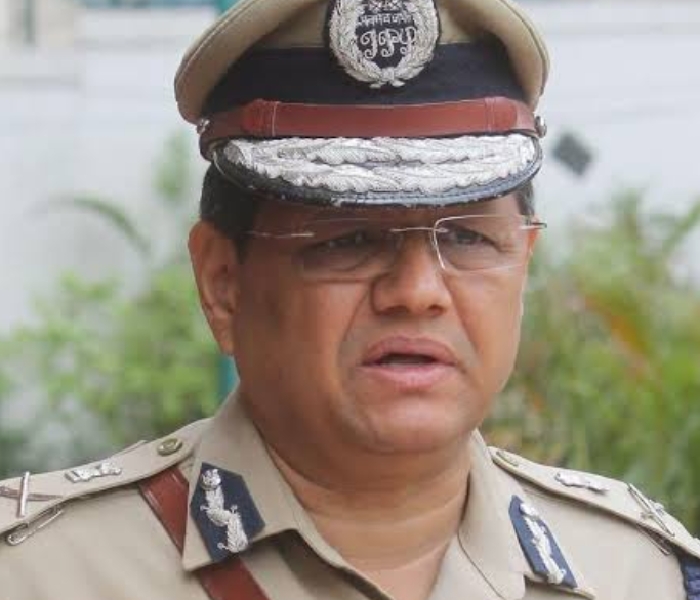Udupi, Jun 11: With all the houses in Amasebailu village in Kundapura taluk of Udupi district, connected with the Solar power, has the distinction of the first ever Solar Gram Panchayat in Karnataka.
Speaking after inaugurating the Solar Village Project, a joint initiative of the Amasebailu Charitable Trust, Dharmasthala Rual Development Project, Karnataka Bank Limited, and Amasebailu Grama on Tuesday, Dharmadhikari of the Dharmasthala Manjunatheshwara temple Veerendra Heggade, said that “The use of the Solar Energy which is in abundance will solve the energy crisis and thereby accelerate the country’s economic growth".
Maintaining that there is an urgent need to exploit the potential of the solar energy, he exhorted the people of the village to make best use of it.
Amasebailu Charitable Trust president A G Kodgi said: “The entire project of illuminating Amasebailu with solar lamps was implemented at a total cost of Rs 2.13 crore. As the Ministry of New and Renewable Energy (MNRE) failed to keep its promise of meeting 30% of the cost of the project, the Trust and government bore the additional cost. About 1,858 houses have solar lamps in the gram panchayat.”
As per the agreement with Selco, solar lamps have a guarantee up to five years. Faulty lamps will be replaced during the guarantee period.







Comments
Add new comment